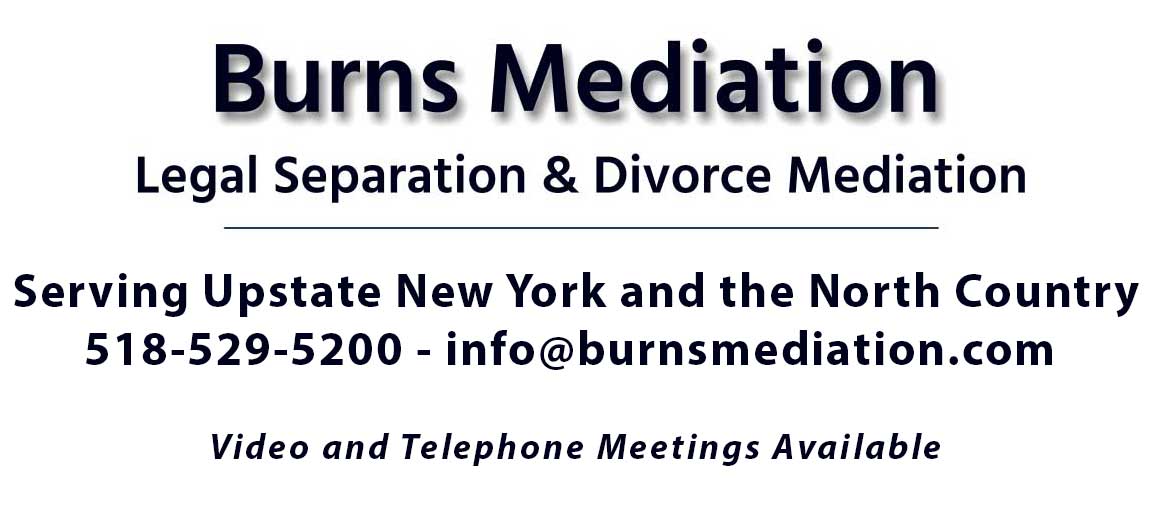
{2:42 minutes to read} My friend, Chip Rose, is a mediator in California. One of the things he believes is that it is the responsibility of the mediator to control the process while the clients control the outcome.
In order to control the process, he creates ground rules for his clients that include how they respond to each other during the mediation sessions. He believes that by doing so he can help them obtain what he calls “the best possible outcome under the circumstances.”
Although I have a few ground rules with respect to the process, they involve financial disclosure and caucusing. They do not deal with the manner in which the couple interacts with each other during the sessions. A recent mediation, however, has caused me to rethink my approach to setting ground rules.
During the session, the husband interrupted the wife constantly while she tried to talk, saying she was stupid and that she did not know what she was talking about. At one point, after one of these interruptions, she looked at me and asked that I make him stop.
While I had not addressed how clients should treat each other in any of the ground rules that I had established before we began mediation, I felt that if he did not stop, she was going to end the mediation. In an effort to prevent that, I turned to the husband and told him that if he continued to call her stupid and kept interrupting, I would end the mediation.
When I did that, he immediately calmed down. I think he was just hurt and angry at the wife for wanting to end the marriage, and this was causing his inappropriate behavior. When I called him on it, he seemed to become aware that his behavior, while possibly making him feel better, was preventing them from reaching an agreement. Once he calmed down and allowed the wife to be heard, the two of them were able to conclude an agreement that seemed to work well for both.
I, however, was left to wonder if I should be establishing some behavioral ground rules before a mediation begins, thereby taking control of the process, without interfering in the outcome. Or should I leave this to the parties to decide? What do you think?
Share with Friends:
Need More Information?
To schedule a free phone or video consultation, complete and submit the form below, email us at [email protected], or call 518-529-5900.






Dan-Your thoughtful article raises an important process issue. The parties need to observe rules of civility, at the very least. It may be too difficult to require respect during the mediation, but the mediator can create an atmosphere of respect by showing it, by reframing or distilling each party’s sometimes rambling presentations, explanations or responses. In this way, both parties learn the value of careful, active listening. There is almost always a point being made, and if the mediator discerns it by respectfully listening, that approach may be adopted by the parties when listening to each other.-Eli.